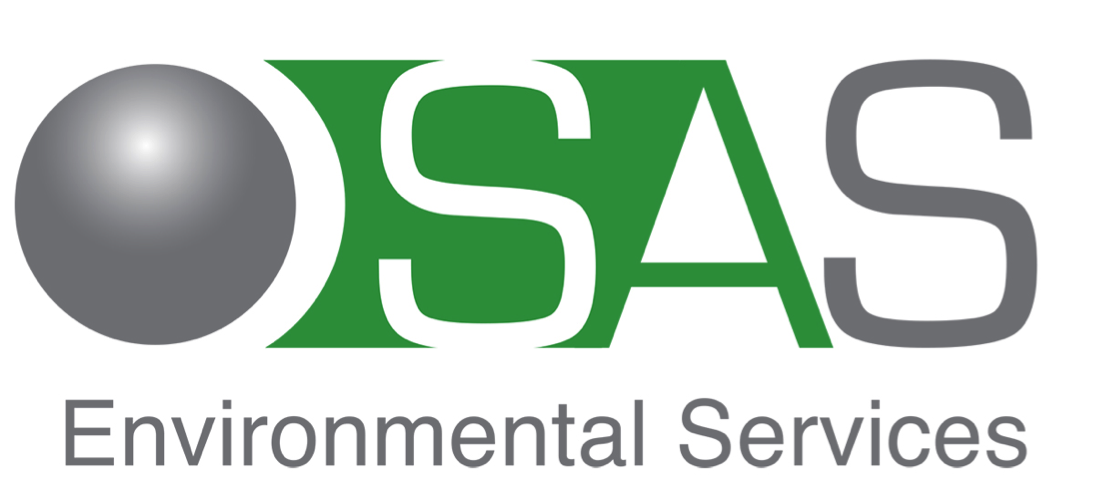The SAS MIST in Suriname
/Guyana and Suriname, together with French Guyana, form a small section on the northern part of South America. Since 2008 ExxonMobil and some other oil companies have looked for and found substantial amounts of oil. The arrival of the oil industry in Guyana and Suriname has led to the requirement of new environmental regulations and a whole new environmental infrastructure.
The governments have taken a strong line in ensuring high environmental standards and SAS Environmental Services is working with a number of partners in the region. One of our MIST systems is already on its way to the region in order to support the waste treatment and reduction.
The latest member of the SAS MIST family will taking on both drilling slops and production waste using our SlopTreat and SludgeTreat chemistry. It was essential to provide a low energy solution capable of treating large volumes of waste with a very low energy requirement. This keeps power consumption down and minimises the need to store hazardous waste for long periods of time.
The oil industry has the potential to help these economies to grow and at the same time responsibly manage any waste by minimising the waste creation and through fast and immediate treatment of oil waste.
To find out more about the MIST System and Process download our Product Data Sheet.






